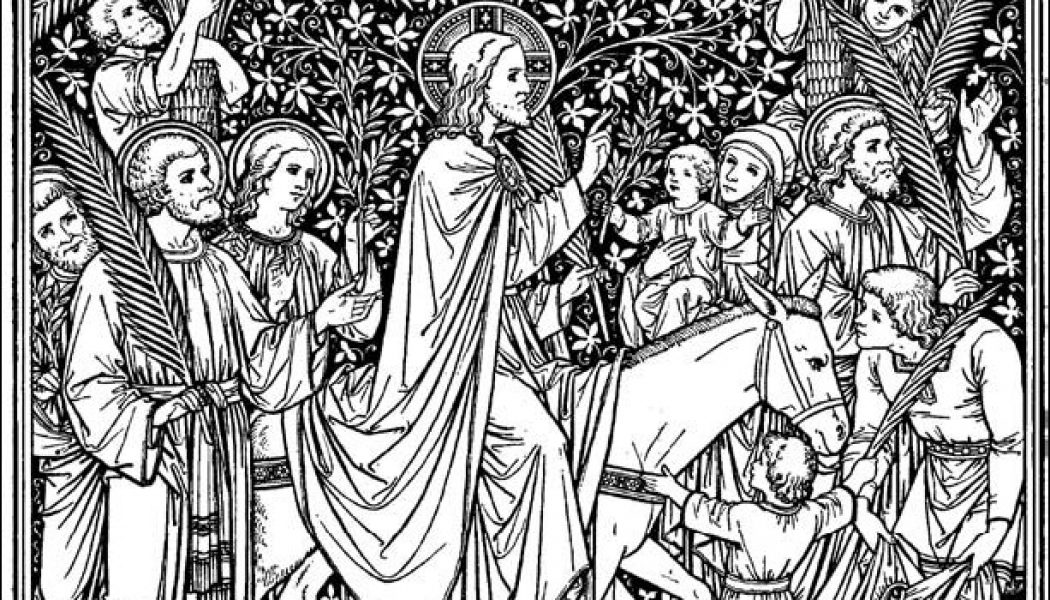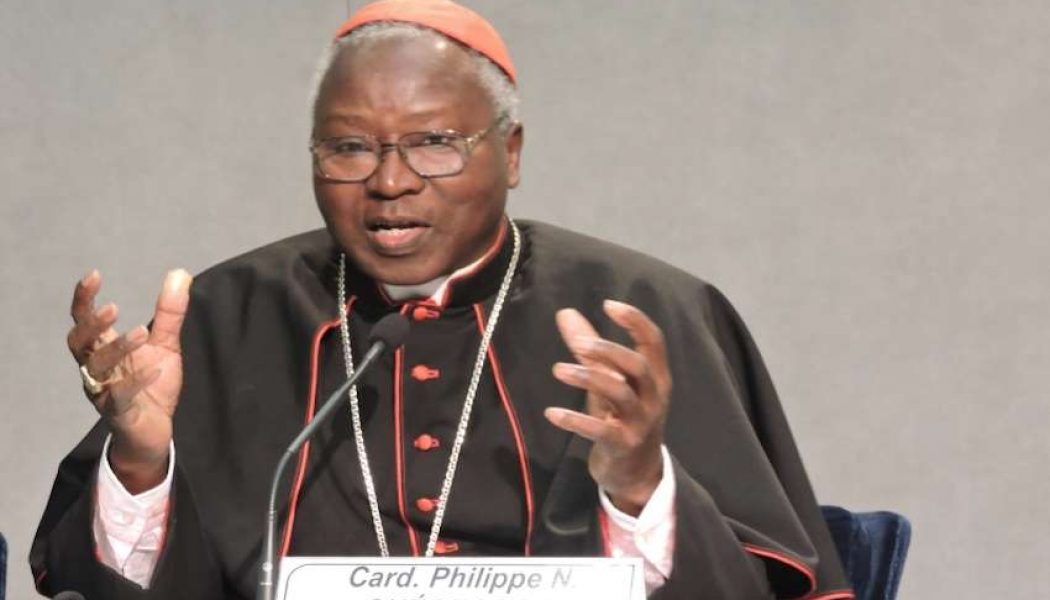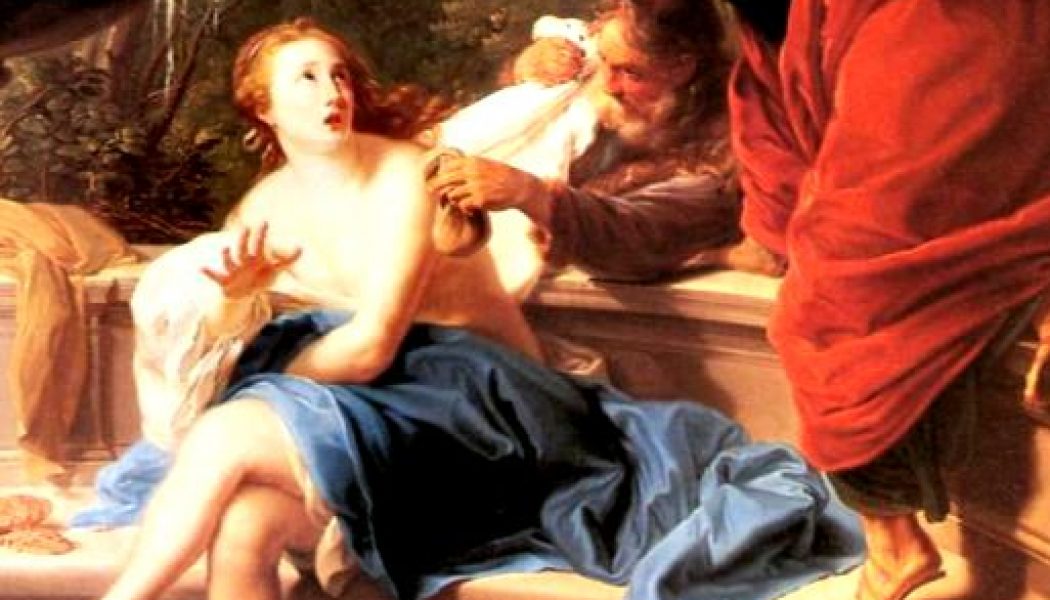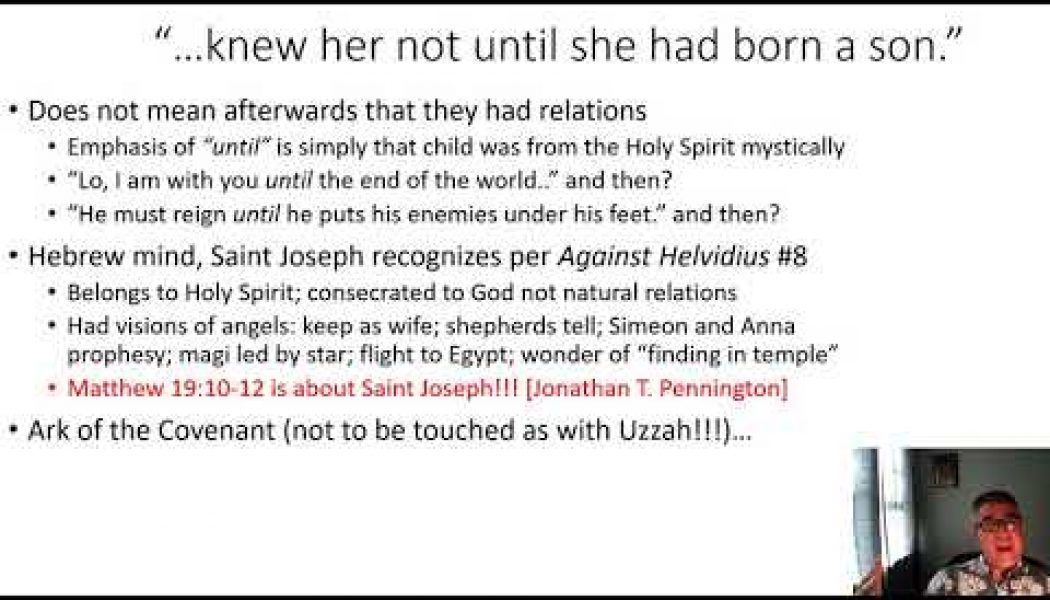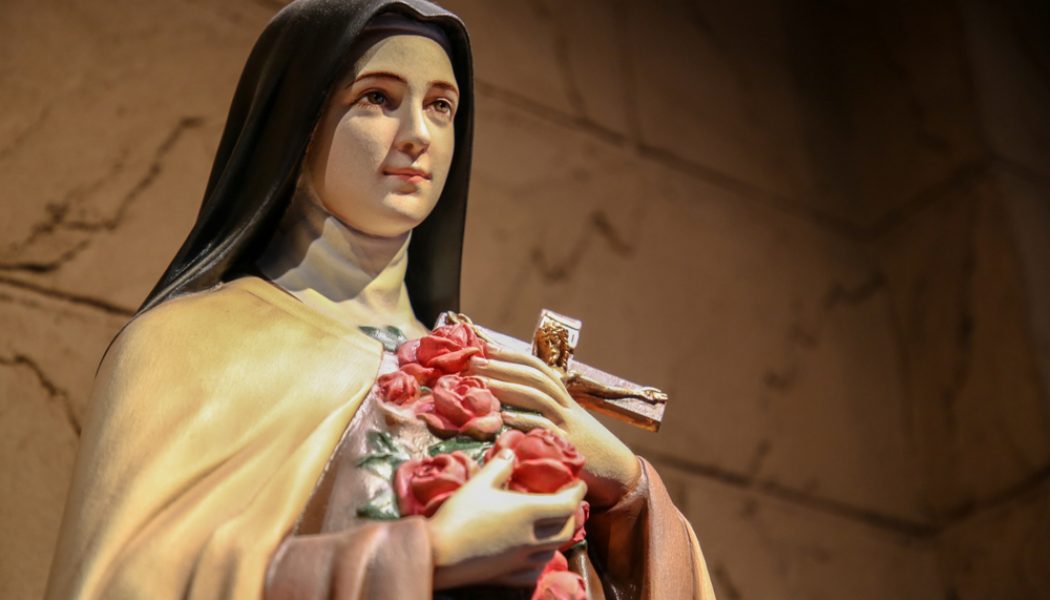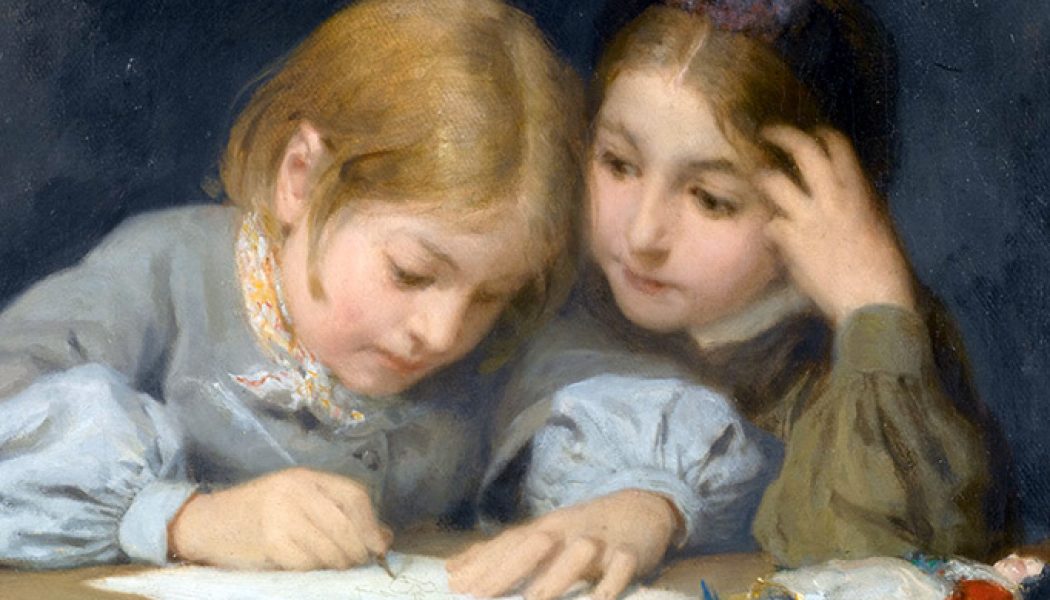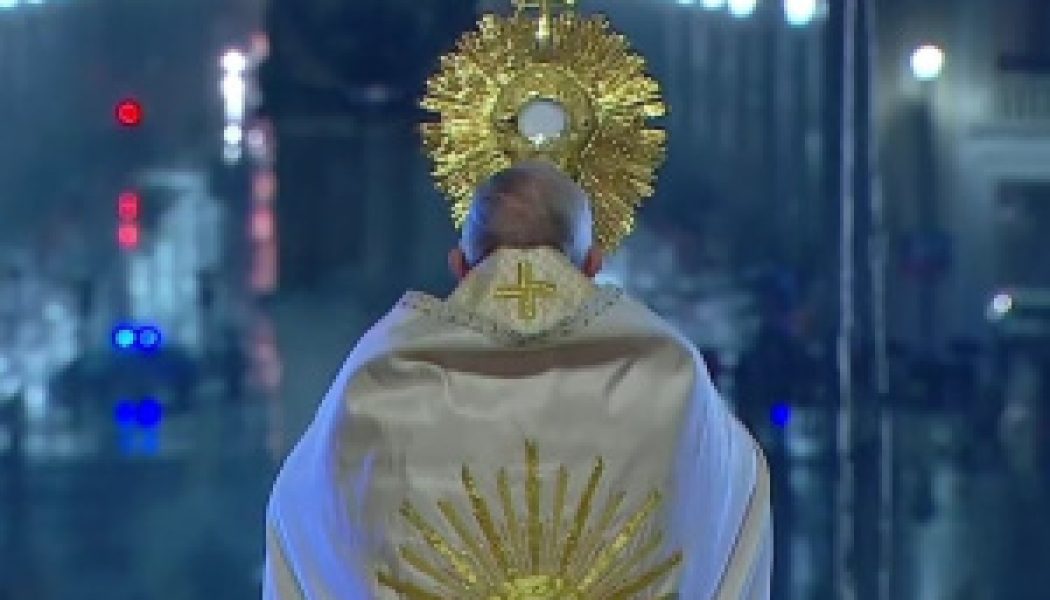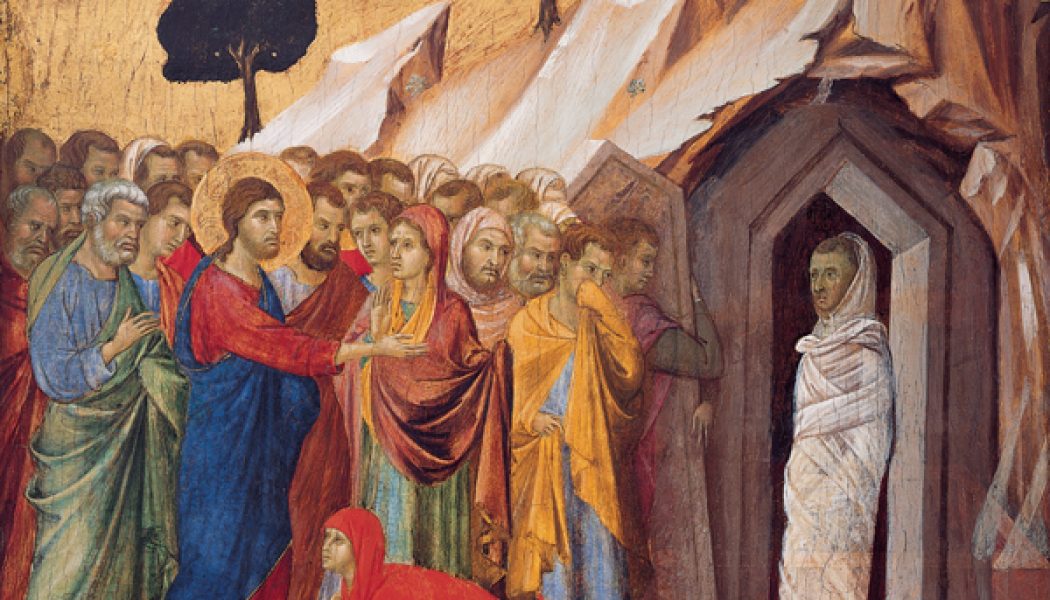Center
Palm Sunday: See what the end shall be…
The Passion, which we read in the liturgy for Palm Sunday, is too long to comment on in detail, so we will only examine a portion of it here. It may be of some value to examine the problems associated with the more moderate range of personalities involved. The usual villains (the Temple leaders, Judas, and the recruited crowd shouting, “Crucify him!”) are unambiguously wicked and display their sinfulness openly. But there are others involved whose struggles and neglectfulness are more subtle, yet no less real. It is in examining these figures that we can learn a great deal about ourselves, who, though we may not openly shout, “Crucify him,” are often not as unambiguously holy and heroic as Jesus’ persecutors are wicked and bold. As we read the Passion we must understand that this is not me...
African cardinal tests positive for coronavirus as pandemic spreads across the continent…
Vatican City, Mar 31, 2020 / 10:28 am (CNA).- Cardinal Philippe Ouédraogo of Burkina Faso has tested positive for the coronavirus, his archdiocese announced Tuesday. He is the second cardinal known to have tested positive for the virus, which is now a global pandemic. Ouédraogo, 75, has been admitted to a medical clinic in Burkina Faso’s capital Ouagadougou. He is “in good condition and his close collaborators are reported to be self-isolating,” a spokesman for Burkina Faso’s bishops’ conference, Fr. Paul Dah, told ACI Africa on March 31. The cardinal is president of the African continental bishops’ conference, the Symposium of Episcopal Conferences of Africa and Madagascar (SECAM). He was elected to the post in July 2019. He has been Archbishop of Ouagadougou in Burkina Faso for ten...
In the story of Susanna we have a lesson on the anatomy of sin…..
The first reading from Monday’s Mass (Monday of the 5th Week of Lent) is the story of Susanna, an extraordinary moral tale from the Book of Daniel. The full passage (which is quite lengthy) can be found here: Daniel 13:1-62. Interestingly, it is missing from Protestant bibles, which use a truncated version of the Book of Daniel. It is not well-known among Catholics, either, because it is only read once each year, at a weekday Mass. The story is of a beautiful young woman, Susanna, who is married to a man named Joakim. One day as she is bathing in a private garden, two older men who have hidden themselves there try to seduce her. When Susanna rebuffs their brazen overture, they threaten to falsely accuse her of having committed adultery with a young man in the garden if she does not submit ...
Take a fascinating, free online class on the Perpetual Virginity of Mary…
[embedded content] The wide availability of material like this, from teachers like Christendom College theology department chairman Matthew Tsakanikas, is one of the unexpected graces of this moment in history.
St. Thérèse of Lisieux and the pandemic…
If you are scared, frustrated, angry, frightened, restless, and/or torn between staying in bed (doors locked, sheets pulled up over your head) and going out somewhere — anywhere — before you go stir crazy (or your kids do), you are certainly not alone! The Solemnity of the Annunciation of the Lord, which we celebrated so recently, is not a Holy Day of Obligation in the U.S.A. Moreover, falling as it does 9 months before Jesus’ birth at Christmas, this March 25th date often means the Annunciation is a transposed feast – if it falls in Holy Week or Easter Week, it gets transferred to somewhere around the second Monday of Easter . . . and so March 25 may not normally be a day when Catholics in our country always make it to Mass. Normally. Isn’t that an interesting word? We are living in a tim...
Why the blessing in St. Peter’s Square mattered…
Pope Francis gives Urbi et Orbi Blessing in St. Peter’s Square. Photo credit: Vatican Media Yesterday, Pope Francis livestreamed a special Urbi et Orbi blessing (a blessing traditionally reserved for a new pope and the Church’s highest feasts), featuring Adoration and Benediction of the Blessed Sacrament. The purpose of this event was to beseech God for an end to the coronavirus pandemic sweeping through the globe, a pandemic which has shut down the majority of society for the world. This address left a profound impact on citizens of the world, and many Catholics are calling it the finest hour of this pontificate. I’d like to explain why. Before we do so, I want to explain what this is not. It is not a judgement of his papacy as a whole, or of any crisis in particular. Anyone who has read ...
Advice (and 5 tips) for teaching kids at home, from a veteran homeschool mom…
Fostering a love of learning isn’t hard, but it does take time. We are all concerned about the spread of COVID-19. Schools are closed. So what should we do about our children’s education? And what about all of the “free time” they have when they would normally be in school? Do we really want to increase screen time? Do we anticipate trouble between siblings? Believe me, I know what it is like to be “stuck” in the house with my kids. I have not exclusively homeschooled my kids (my husband is a former school administrator, so they went to “Dad’s school” for a while), but there was a point when I was educating all five children at home. I found it… challenging. I remember one episode in which I had been scolding everyone, frantically trying to control the maelstrom swirling around my ho...
Why Jesus wept…
5th Sunday of Lent—Year A When Mary came to where Jesus was and saw him, she fell at his feet and said to him, “Lord, if you had been here, my brother would not have died!” When Jesus saw her weeping and the Jews who had come with her weeping, he became perturbed and deeply troubled, and said, “Where have you laid him?” They said to him, “Sir, come and see.” And Jesus wept. Why did Jesus weep on his way to Lazarus’ tomb? Was it because he had only just learned of his dear friend Lazarus’ death? No, for Jesus had known long before he arrived at the village. He had already told his disciples, “Lazarus has died. And I am glad for you that I was not there, that you may believe.” Did Jesus weep because he had not planned to immediately resurrect Lazarus until sorrow changed his mind? No, for wh...
Untie him and let him go free: A homily for the 5th Sunday of Lent…
In today’s Gospel, we hear the story of the raising of Lazarus from the dead. The story marks a significant turning point in the ministry of Jesus: it is because of this incident that the Temple leadership in Jerusalem resolves to have Jesus killed; a supreme irony to be sure. As is proper with all the Gospel accounts, we must not see this as merely an historical happening of some two thousand years ago. Rather, we must recall that we are Lazarus; we are Martha and Mary. This is also the story of how Jesus is acting in our life. Let’s look at this Gospel in six stages and learn how the Lord acts to save us and raise us to new life. I. HE PERMITS. Sometimes there are trials in our life, by God’s mysterious design, to bring us to greater things. The Lord permits these trials and difficulties...
Should Catholic politicians act on what the Church teaches?
March 26, 2020 “A lot of what the Church teaches about public affairs is really the common stock of Christian wisdom, so the sanctity of life is something that obviously we share with Evangelicals and thoughtful Christians of all stripes,” said Rusty Reno, editor of First Things. “Catholicism, at least in the modern era, has really been characterized by — in this sense it shares with Judaism — a very strong concern about the common good. That’s a distinctive mark of a Catholic political outlook.” Deacon Geoff Bennett, host of Respect Life Radio, asked Reno, “So are practicing Catholics who are running for office, or are already elected to office, are they obliged to believe everything the Church teaches on faith and morals?” Listen to Reno’s ...
“It’s a razor’s edge we’re walking”: Inside the race to develop a coronavirus vaccine…
Of the dozens of places where a coronavirus vaccine might be born, one is DIOSynVax, a small company started by a Canadian pathologist named Jonathan Heeney. In ordinary times, I’d have visited Heeney in his office, in a stately red-brick building in Cambridge. I’d have met his team and his Aria III cytometer, which looks like as if might brew a strong, space-age espresso but which, in fact, uses its four lasers to separate cells marked with fluorescent dyes as they flow through the machine at 10,000 cells per second. I’d have tried to wangle my way into the lab designated containment level 3, the highest-but-one level of biosafety security, where Heeney’s biologists investigate pathogens such as the West Nile virus or the tuberculosis bacterium. These would be so lethal if they escaped th...
Did a Hobby Lobby letter really say God told them to keep stores open during the coronavirus crisis?
<div class="sqs-block video-block sqs-block-video" data-block-json="{"blockAnimation":"none","layout":"caption-hidden","overlay":true,"description":{"html":"Click here to watch \"The Top 15 Youth Group Clich\u00E9s\": https://www.youtube.com/watch?v=FpqcskIn2O8 http://www.facebook.com/blimeycow http://www.twitter.com/bl…"},"hSize":null,"floatDir":null,"html":"\n","url":"https://www.youtube.com/watch?v=PuK4sZdR36s&feature=emb_rel_end","width":854,"height":480,"providerName":"YouTube","thumbnailUrl":"https://i.ytimg.com/vi/PuK4sZdR36s/hqdefault.jpg","re...
